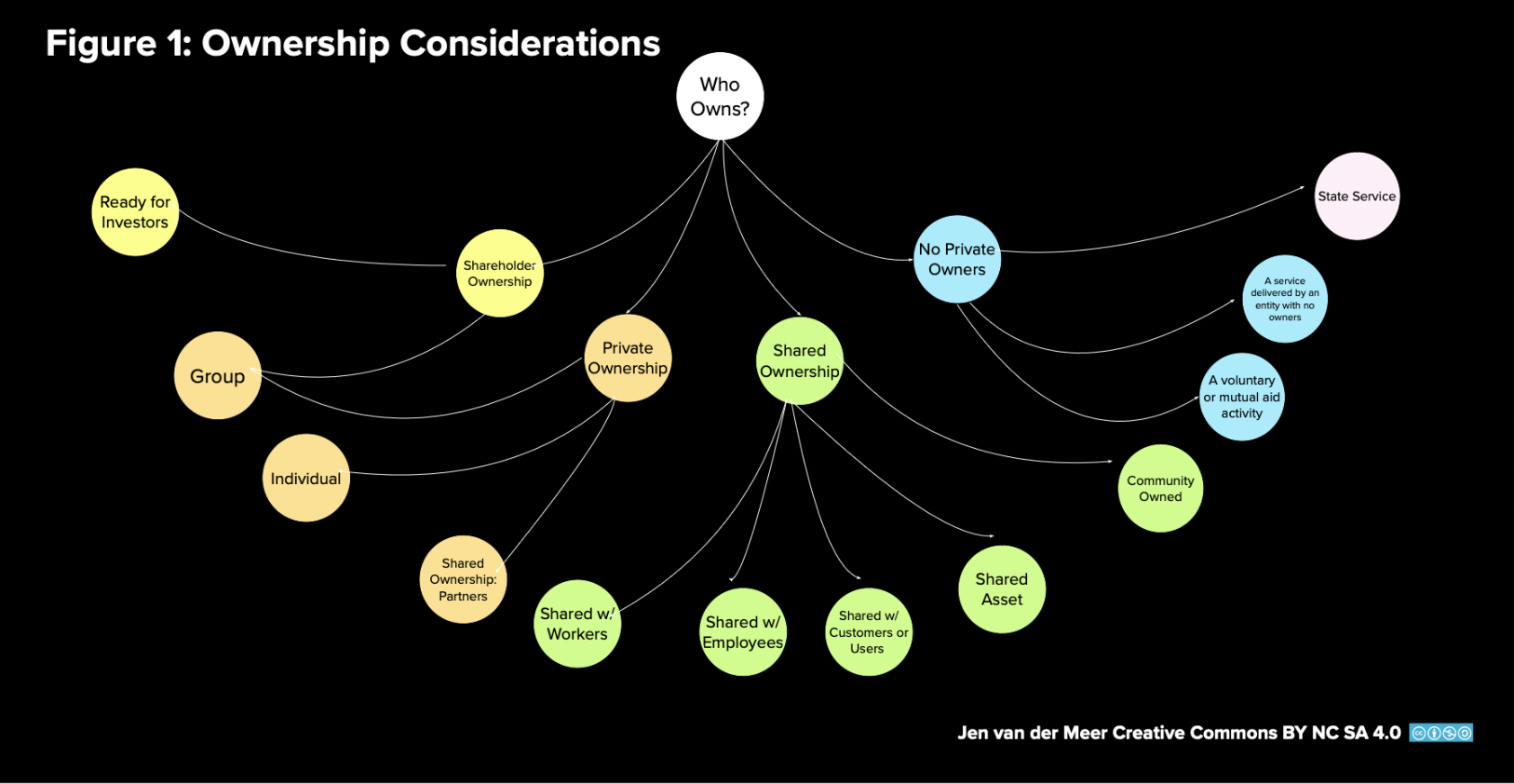
Changing Barriers to Fundraising Cultures: Ownership Wayfinding
Our Co-Director Jen van der Meer published a paper in The Social Innovations Journal partnering with AshokaVol 16 No 1 Identifying and Addressing Cultural, Geopolitical, Structural, and Educational Barriers to Social Innovation.
Link to the paper: https://socialinnovationsjournal.com/index.php/sij/article/view/5372
Link to the Mural board: https://app.mural.co/invitation/mural/newschool14/1674694823728?sender=vandermj6421&key=0a4d641e-cd6e-4351-9188-0e96c820205a
This paper addresses the following questions: How can social entrepreneurs from communities historically excluded from capital better understand how to access capital? Given that the predominant discourse in fundraising culture is centered on the needs of funders and not of founders, how can social entrepreneurs design pathways that fit the scale and reach of their vision? Ownership Wayfinding is a novel workshop method whereby social entrepreneurs explore different organizational types and capital sources.
Our Q & A with Jen:
What were some barriers to social innovation you identified? What were some solutions to overcome those barriers?
One of the biggest barriers to social innovation that we know and we hear from our students is access to funding. Access to funding, patricianly for our student population – communities historically excluded from capital continue to be excluded from funding.
We looked outside of the dominant story that angel and VC funding are the only types of funding and explored multiple organizational types and funding possibilities – including cooperative models, customer-funded models, the role of government and procurement, and revenue-based financing, hybrid structures, or other types of investment that allow for many paths to barn raise.
What do you hope practitioners take away from your research?
To question and observe where Venture Capital’s dominant logic has shaped your criteria for evaluation, especially if you are in a foundation or nonprofit. It’s a narrow set of criteria, with deeply problematic outcomes if we are tracking access to capital for historically unsupported groups, with rules of thumb that tend to systematically exclude innovations that actually address root cause issues.
Conversations about what makes a good founder and how to think about scale are often used as criteria that keep folks out of even being considered. Is scale always the first thing to address in complex adaptive systems? We need to give more folks a chance to be emergent in the first place. If complexity is not your jam and you need a sports metaphor – we need more shots on goal from folks that don’t all come from the same background.
And to play – play with old and new forms of organization. Look into the history of cooperatives in this country, in the black community. Read The Dawn of Everything by David Graeber and David Wengrow to learn about different ways we’ve organized our human history. Experiment more with blended finance. Question the capital stack, which is the combination of grants, concessional investment, debt, and equity that tend to fund larger-scale social innovation projects, companies, and infrastructure. Redesign the capital stack. Better yet – encourage Community-redesigned capital stacks. Look to organizations like The Inclusive Capital Collective to see this in action.
See the process of identifying funding and designing the right organizational structure as “wayfinding” because the less obvious choices are often unknown because we are so organized around companies and venture capital and the non-profit industrial complex. Yet these alternative ways of organizing get us closer to solving for community wealth creation.
What do you see as the role of higher education in facilitating social innovation?
Universities have a critical role to play in the innovation pipeline, and this was intentionally designed this way.
Universities are one of the rare parts of society where we’re not captured entirely by market logic, so we get to play, invite students that may be excluded from startup ecosystems, and see potential student innovations and visions before they get blocked by conventional thinking.
Our role should be to invite front-line communities to shape the innovation systems to address our root cause issues. Design by the communities most affected by the first and the worst of climate change and pandemic. And do everything we can to change how innovation capital operates. Reach out to us if you want to experiment with what a democratically-design community wealth fund would look like.
Click here to connect with Jen on Linkedin
Questions on our events, podcast, blog or Impact Entrepreneurship Initiative? Email Justyna Kedra at justyna@newschool.edu